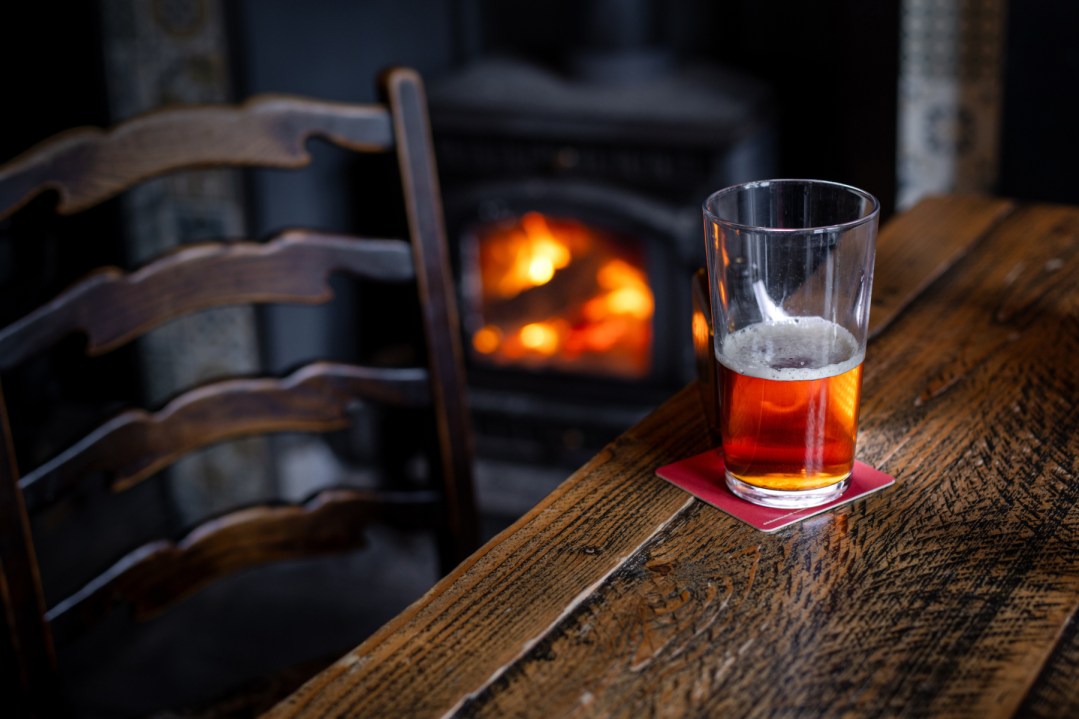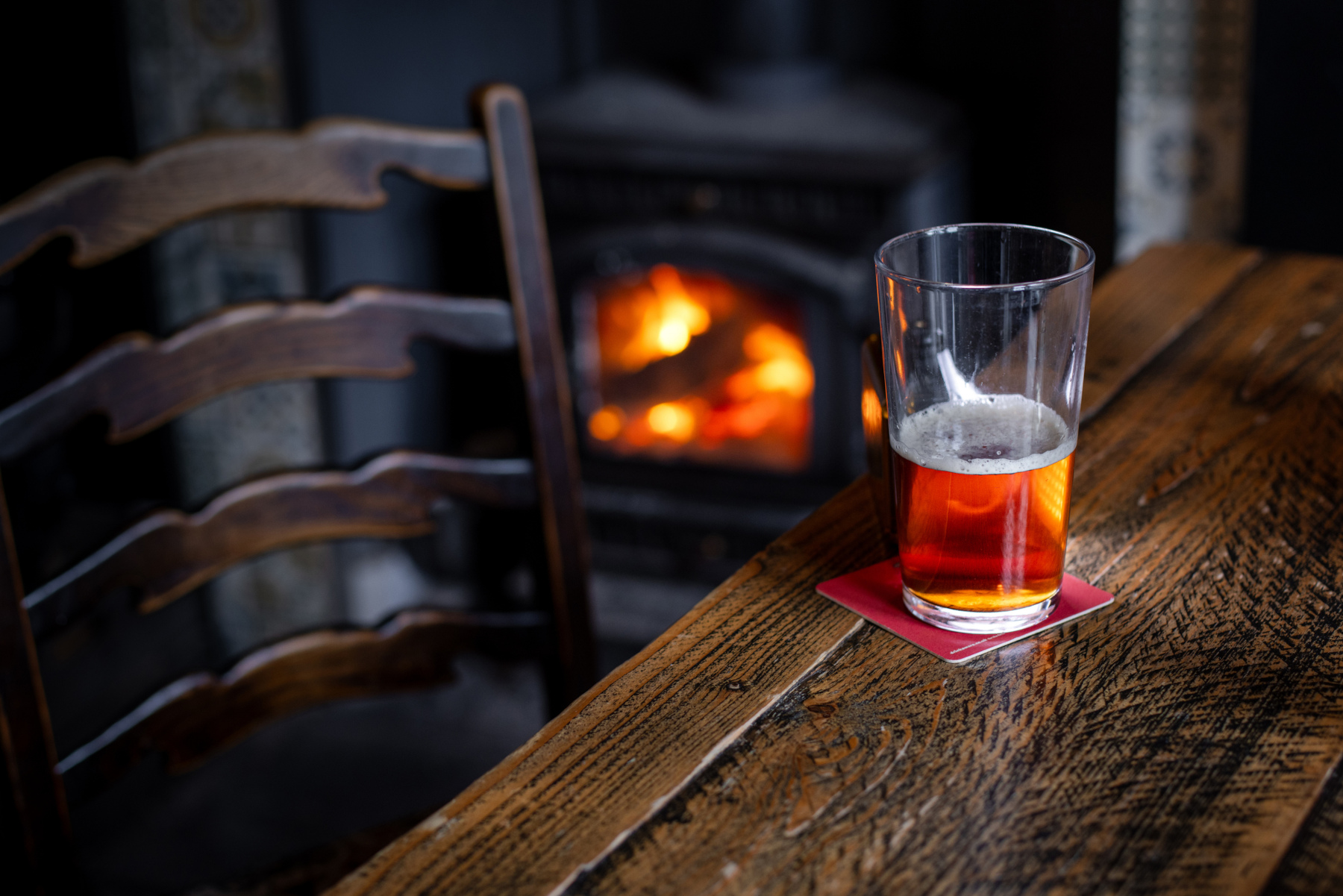Labour is reported to be considering lowering the drink driving limit from 35 micrograms of alcohol per 100 millilitres of breath to just 22 micrograms. This would bring England and Wales in line with Scotland. Does justice for potential victims of car crashes demand this? Although drawing the line on permissible risk is an incredibly difficult moral problem; empirical evidence shows lowering the drink-driving limit will make no difference, and motorists should probably not be required to give up yet more of their liberty either.
Lowering the drink driving limit is all costs and no benefits
In England and Wales today an average man is legally permitted to have around two pints of low-strength beer before driving, which will be cut down to just under one pint if Labour’s proposal is made law. The government believes the proposed policy would increase road safety and help avert the 300 deaths caused by drunk driving annually, or about 17 per cent of all road traffic fatalities. The obvious reply is to say that lowering the speed limit to zero would eliminate all road traffic accidents, so, why not do that? It’s the classic example used to show runaway train arguments have problems. In response, we are told the main reason speed limits cannot be zero is that the cost of this would outweigh the benefits.
Now remember that a human life is not of infinite value, indeed the Health and Safety Executive puts it at £2.1 million. Using this figure, Labour’s proposed policy doesn’t stand up to a cost-benefit analysis. The three academic studies into whether Scotland’s lower alcohol limit compared to England’s helped found there to be ‘no impact on either traffic accident or fatality rates’. One set of authors even found there to be no difference in accidents on those nights you’d most expect to see a change such as Fridays and Saturdays, and, even no difference among young males too. Lowering the drink driving limit is all costs and no benefits.
Even if the number of fatalities did go up though, the cost of death would have to be weighed against the foregone surpluses of drinking more beer. Could additional pints win out? I must confess I wince at writing that because I am not a utilitarian. If putting on a motor race by a right of way had a 60 per cent chance of fatally knocking over a person, I’d take that to be a sufficient reason not to have the motor race, even if all of the benefits of it outweighed the cost of the person’s death. As Robert Nozick once wrote in Anarchy, State and Utopia: ‘No moral balancing act can take place among us; there is no moral outweighing of one of our lives by others’.
Yet it could be argued that it is acceptable to expose people to risk provided said people also benefit enough. Getting absolutely smashed and driving then would not be allowed, as there would be a high chance of a car crash and a small benefit to driving while being that drunk. Many drinkers might accept a three-pint limit, if the benefits of being able to drive were balanced by the small chance of being hit by a young man three pints down. What about teetotal city dwelling pedestrians though, who get no benefit from any drink driving? Should the drink-driving limit be zero to accommodate them?
Against this we could argue that teetotal city dwelling pedestrians are happy to purchase goods delivered by trucks, which also cause traffic accidents. If drivers who drink a relatively small amount are just as risky as normal truck drivers, then teetotal pedestrians should accept this risk.
Drawing the exact line on the question of permissible risk imposition concerning drinking and driving is very difficult. Nevertheless, if you believe Scotland’s drink driving law is fine, then you should also think England and Wales’s current law is fine too – because the evidence overwhelmingly shows its fatality rate is the same as in Scotland. In sum, motorists should remain free to enjoy their two pints and a drive home from the country pub.








Comments